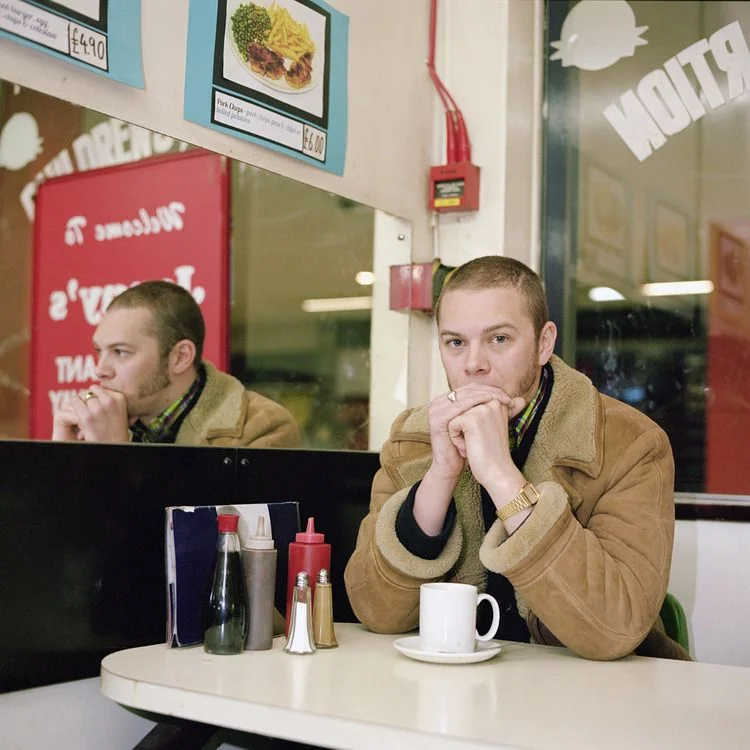Owen Harvey
What is your background with photography? Were you formally trained?
I went to study photography at college, after concentrating on playing in a band for the entirety of my teenage years. Due to music, I probably didn't concentrate at school as much as I should [have], but I did learn quickly about the personal need for a creative outlet. Photography was something I just dived into after that and I went on to study the Documentary Photography course in Wales, Newport.
Has photography always been an important part of your identity and work?
Creatively, I'd say music has had a bigger impact on my life so far, although that's taken a back seat for now. Photography for the last 7-8 years of my life has been what I think about every day, so in that time frame, yes, it's been a massive part of my identity and work.
Your work has been featured in several publications and garnered many awards, do you see photography as your profession or do you see a large divide between your personal and commercial work?
I currently do both personal and commercial work and I enjoy both equally. I like having complete control over my personal work and being able to work on projects over long periods of time. On the other hand, I really enjoy collaborating with other people, working to a brief and having the pressure of having to deliver in a short period of time. I guess it's a job, but it never really feels that way.
Looking at your photography, especially your “Skins” and “Mod UK” series, there is such a classic, nostalgic feel to it. Is this something you see relevant and intentional in most of your work?
I'm glad that comes across in the images and yes, this is intentional. For these two projects in particular, the timeless look of the images was a stylistic choice. I feel this approach makes sense in the context of the project, as these are individuals getting inspiration from a subculture or style that was created before a lot of these individuals were born.
Do you have a specific process in how you photograph your subjects (i.e. do you like to play the role of the invisible photographer or play a very interventionist role when photographing)?
That really varies depending on what kind of shots I'm taking. For all the portraits, of course, the individual I'm photographing is aware they are having their portrait taken and I often will ask that person to sit or stand in a certain way. For other shots, it's about capturing more spontaneous moments, so I'll try and be a little more subtle in my approach.
Has your work been influenced by your personal experiences?
Yes, totally. I've grown up with music and the style and attitudes of various musicians being a big inspiration. I'm sure that has subconsciously influenced me to focus on groups that were also inspired by similar things. I also get inspired by people who have an energy about them and an excitement for what they do, these attributes are easy to find in subcultures and often groups of young people.
Much of your work revolves around youth, subcultures, and style. Why do you find this important to capture personally?
I feel as technology advances a larger amount of younger people seem to live their lives purely through social media. I'm now in my mid twenties and whilst growing up, I've watched music venues close down and it seems more people follow bland and easily accessible music and fashion. I think it's important to show there is an alternative to this and there's still something out there to be part of and to be excited by.
Interview by Perwana Nazif
Images courtesy of
Owen Harvey
What to read next







